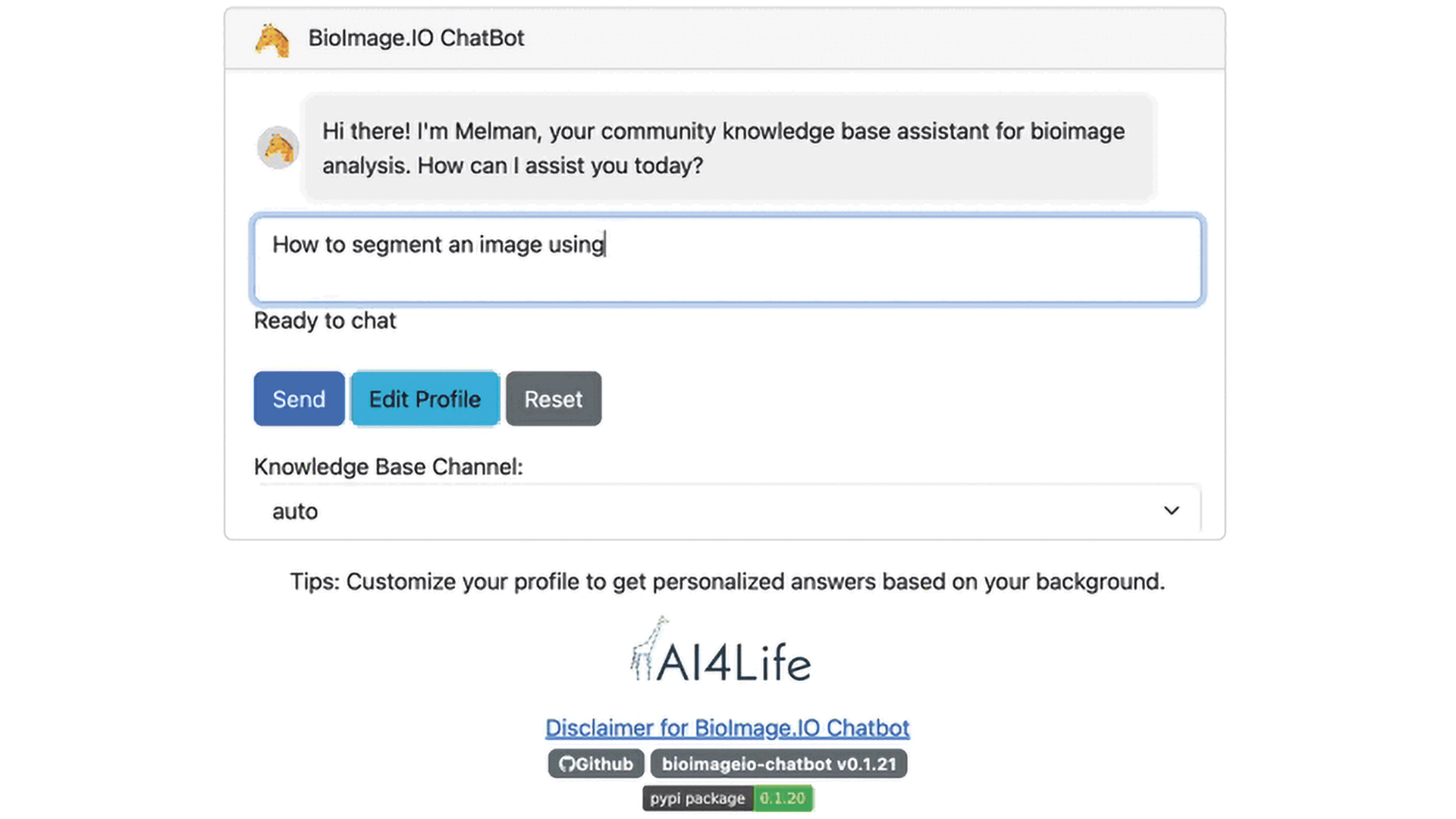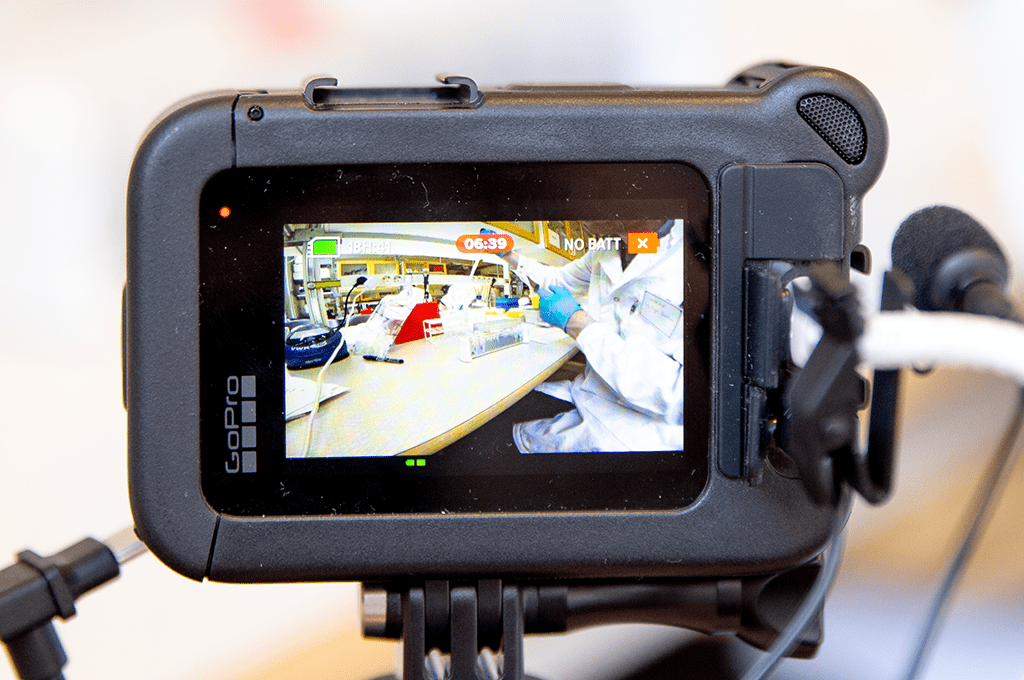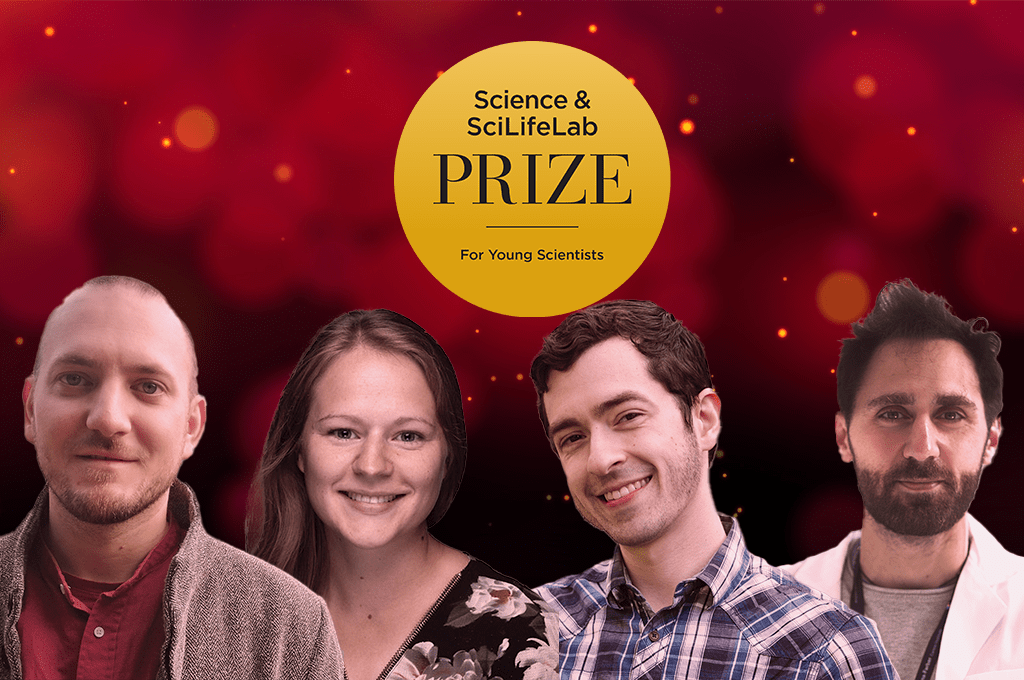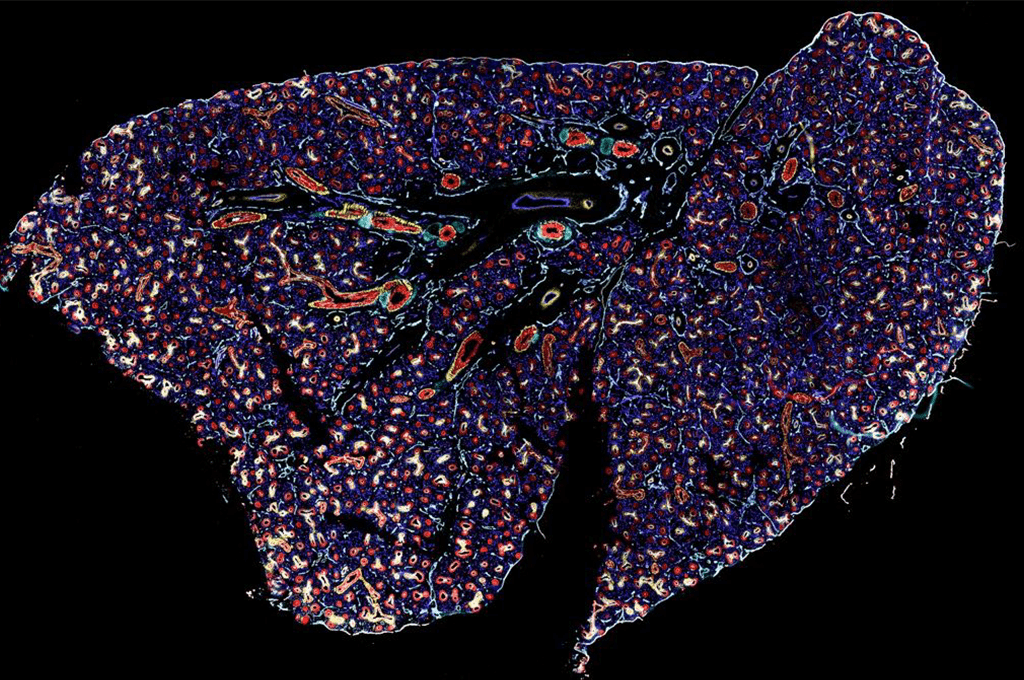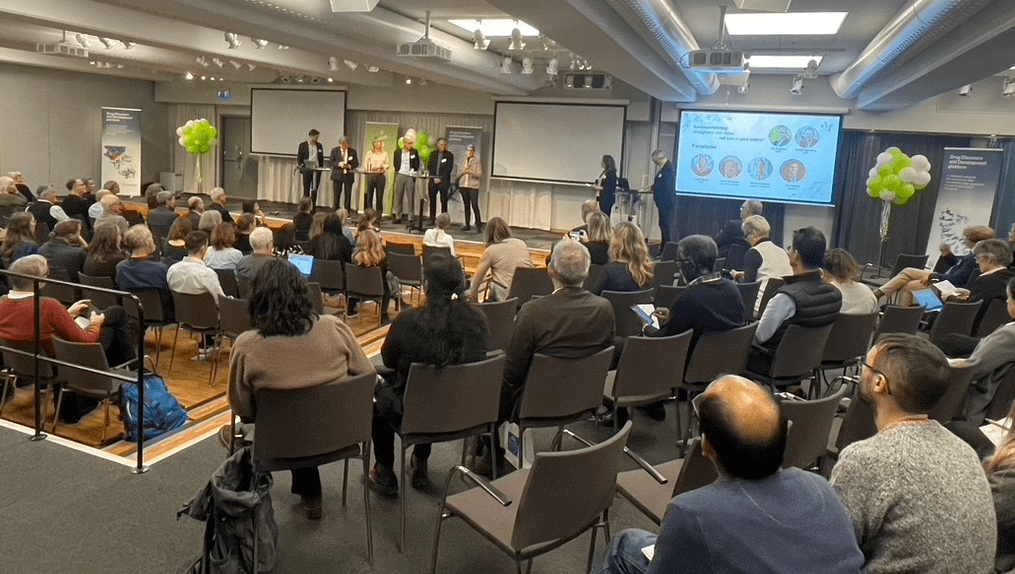The BioImage.IO Chatbot: Paving the Way for Conversational AI in Life Sciences
SciLifeLab DDLS Fellow Wei Ouyang (KTH) and his colleagues at the AICell lab have developed an AI-driven chatbot, BioImage.IO, that can help guide users interested in the complex field of bioimage analysis. So far, the chatbot is in its early stages and is described in a preprint. The researchers are also looking for new partners to further refine and expand this transformative technology.
Emerging from a recent AI4Life Hackathon collaboration, the BioImage.IO Chatbot serves as a specialized conversational assistant designed to simplify the intricacies of bioimage analysis. Powered by Large Language Models (LLMs, e.g. ChatGPT/GPT4 from OpenAI), it offers tailored solutions by adapting to individual user needs and providing simplified pathways to diverse data sources such as ELIXIR bio.tools, the ImageJ Wiki, and the BioImage Model Zoo. Importantly, the system operates without the need for sophisticated fine-tuning of the LLMs; instead, it is augmented with a real-time updatable knowledge base, allowing for seamless integration of new information and continuous improvement. The source code is available on Github.
“This is an initial, yet significant step toward making not just bioimage analysis, but a broader range of life sciences more accessible. We are just at the beginning and are actively seeking collaborations to broaden its application in the life sciences.”, says Wei Ouyang.
ChatGPT for Life Sciences: Beyond Bioimage Analysis
The BioImage.IO Chatbot exemplifies the unrealized potential of conversational AI across the spectrum of life sciences. Imagine a chatbot serving as the front-end to expansive knowledge bases covering genomics, proteomics, metabolomics, and more. Such a chatbot could guide researchers through databases of tools, proteins, and genes, significantly accelerating the pace of research. Moreover, the unique code generation capabilities of more recent LLMs (e.g., GPT4, Code LLaMA) could revolutionize how researchers interact with data, analysis tools, and even our data acquisition instruments. These capabilities can create user interfaces and analysis workflows without programming expertise, thereby creating new possibilities in data-driven life sciences.
Call for Collaboration
With this preliminary unveiling of their research, the researchers aim not just to inform but also to engage. They are actively seeking discussions to forge meaningful partnerships that propel life sciences into an era marked by seamless interaction with technology. They are particularly eager to collaborate with colleagues across various domains at SciLifeLab, as well as with other research groups and facilities that see the transformative potential of conversational AI in life sciences. To provide a clearer picture, potential collaboration avenues could include:
• Developing custom chatbots tailored for your specific domain tools and databases.
• Creating bots to automate complex analysis workflows and manage instrumentation.
• Implementing specialized chatbots that assist users in navigating research facilities, streamlining workflows, and improving user experience.
• Fostering interdisciplinary collaborations to explore innovative uses of chatbot technology in life sciences, such as personalized medicine or real-time data interpretation.
“By uniting our expertise, we believe we can accelerate the pace of discovery and create a more efficient, accessible, and data-driven landscape in life sciences”, says Wei Ouyang.
“We extend our gratitude to the SciLifeLab and the Knut and Alice Wallenberg Foundation for their support through the Data-Driven Life Sciences fellows program. Additional support comes from the EU Horizon Europe via the AI4Life consortium. Special thanks to our collaborators at Ericsson and Universidad Carlos III de Madrid for their invaluable contributions”, he continues.
Contact Wei Ouyang
Stay tuned for more updates!
